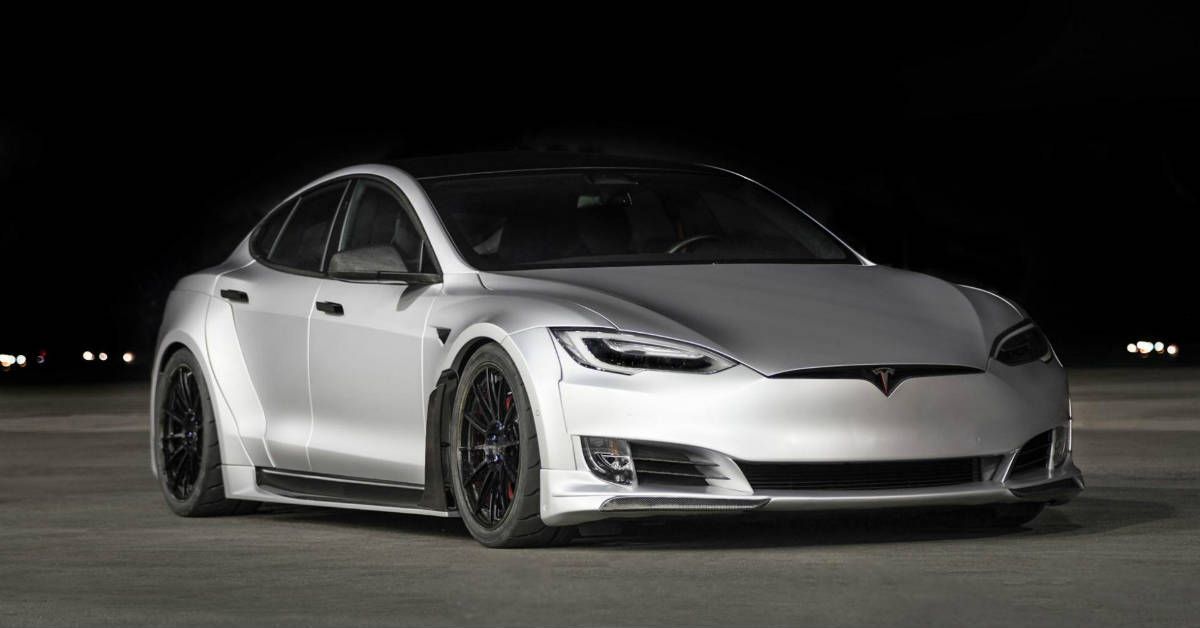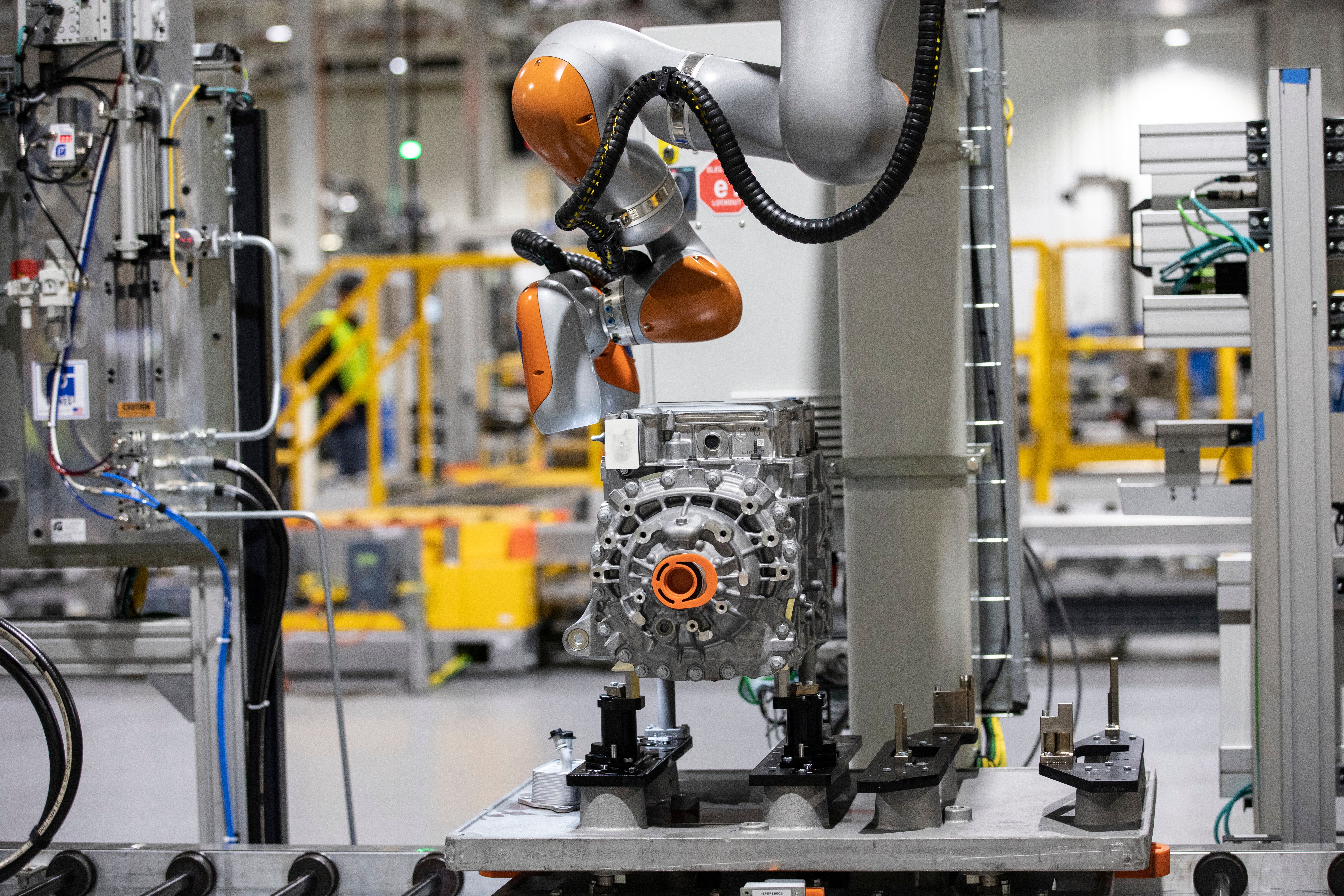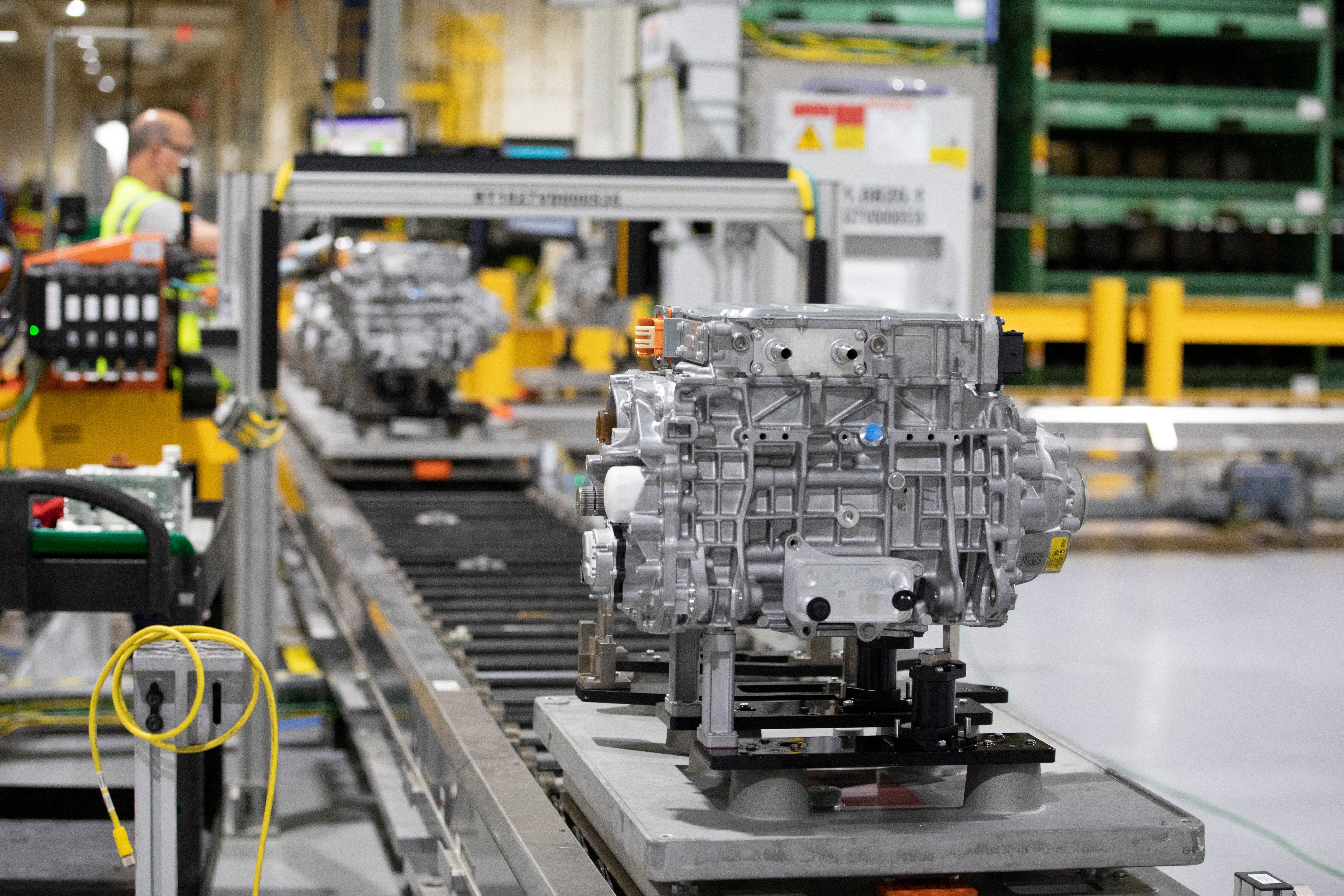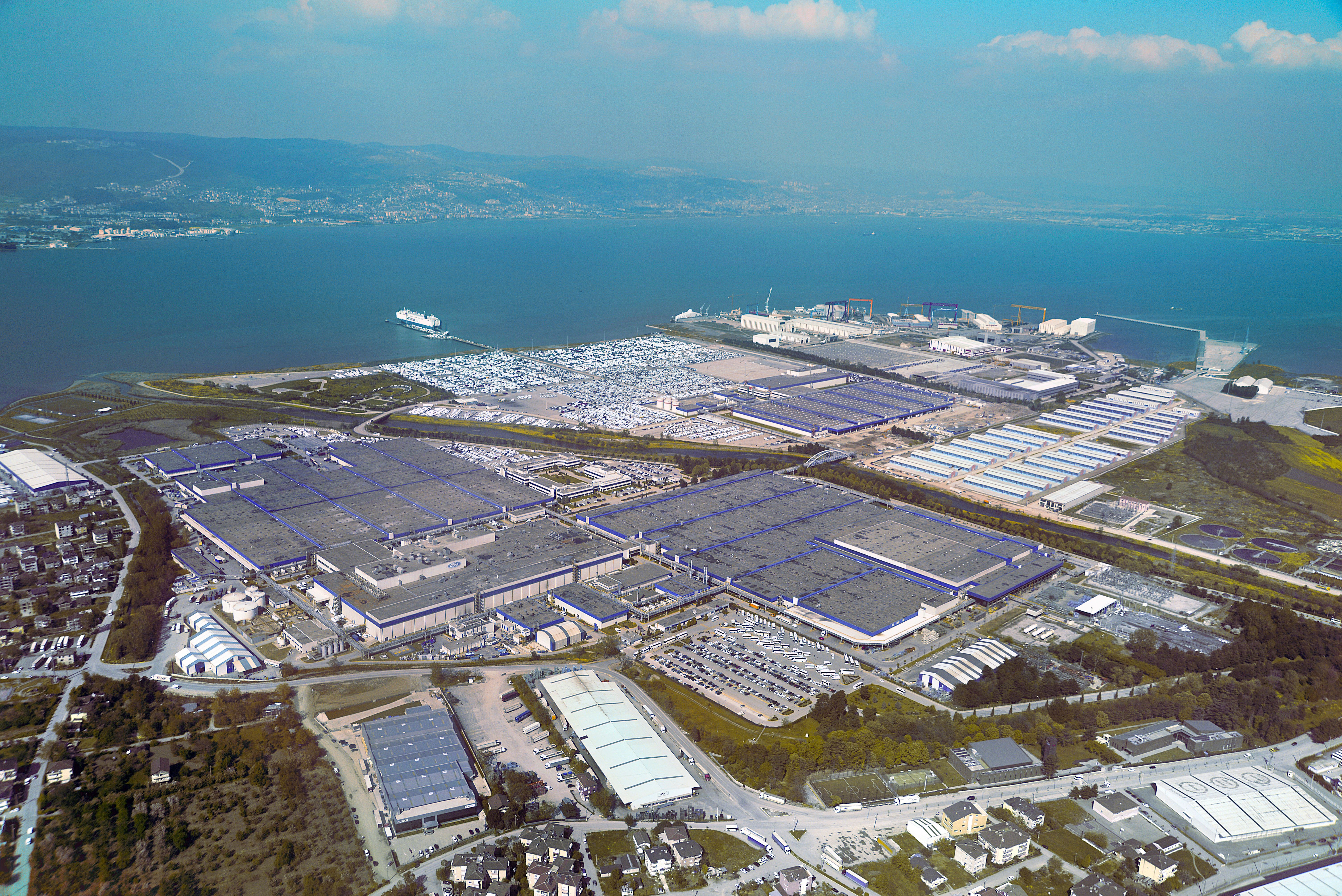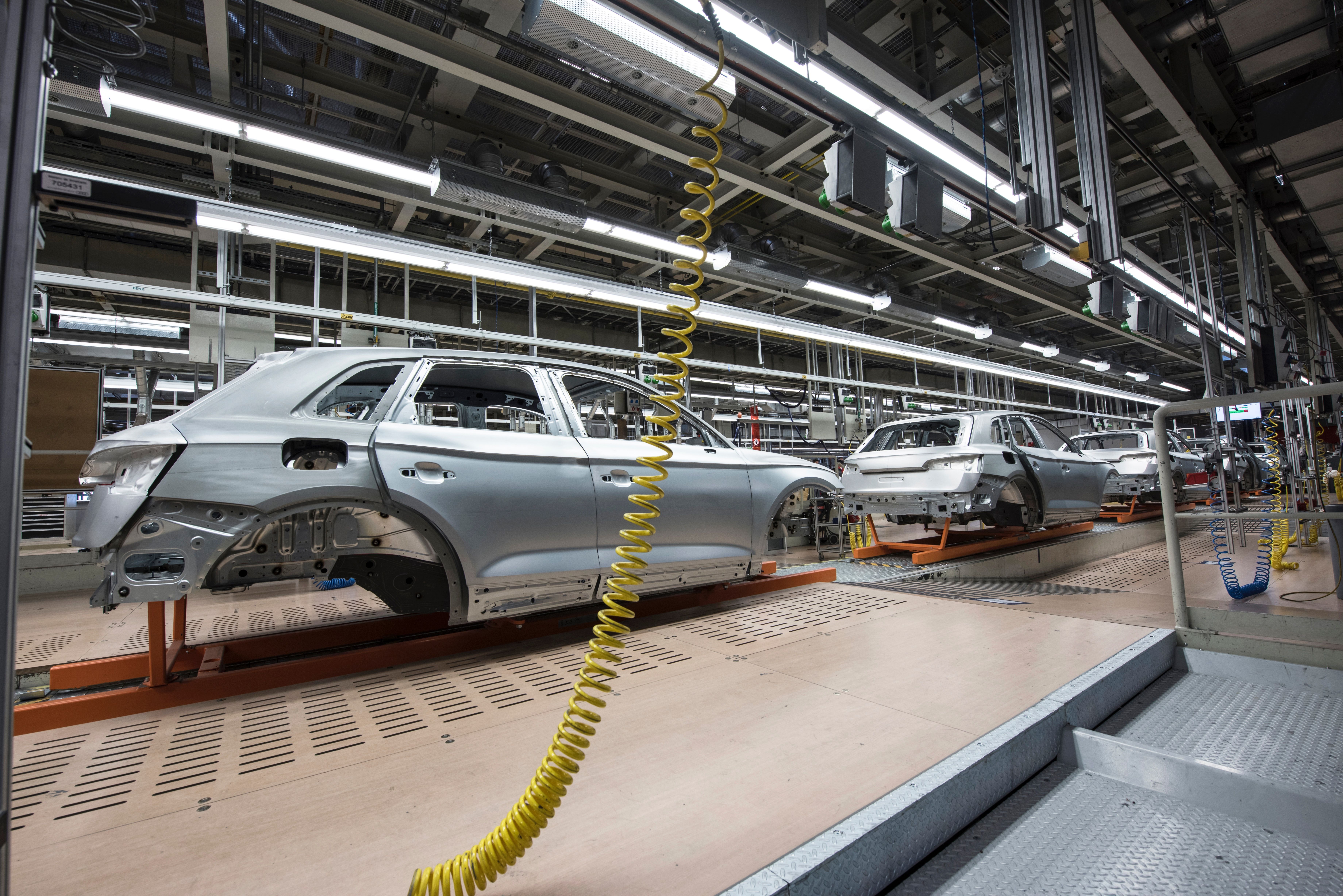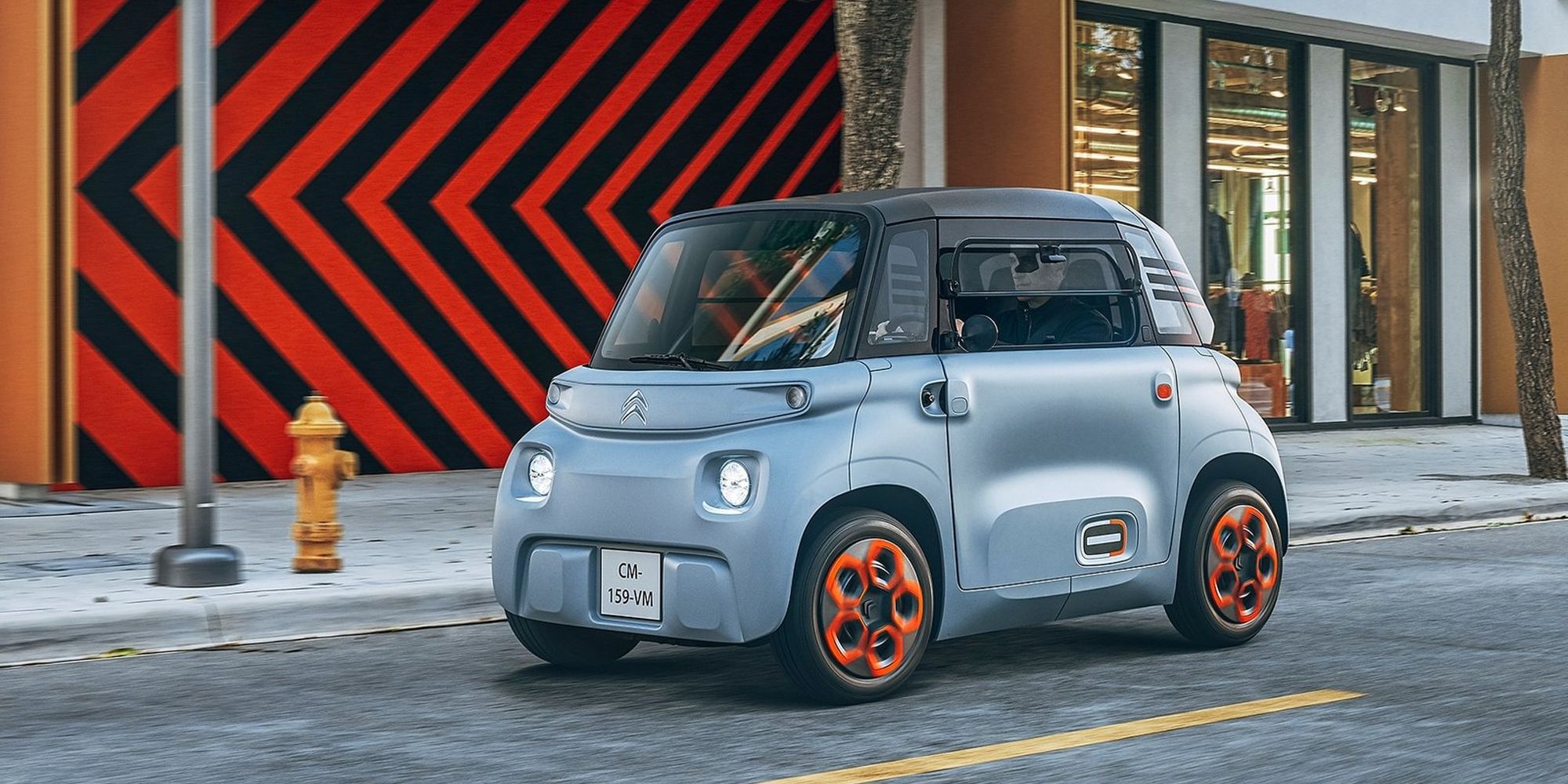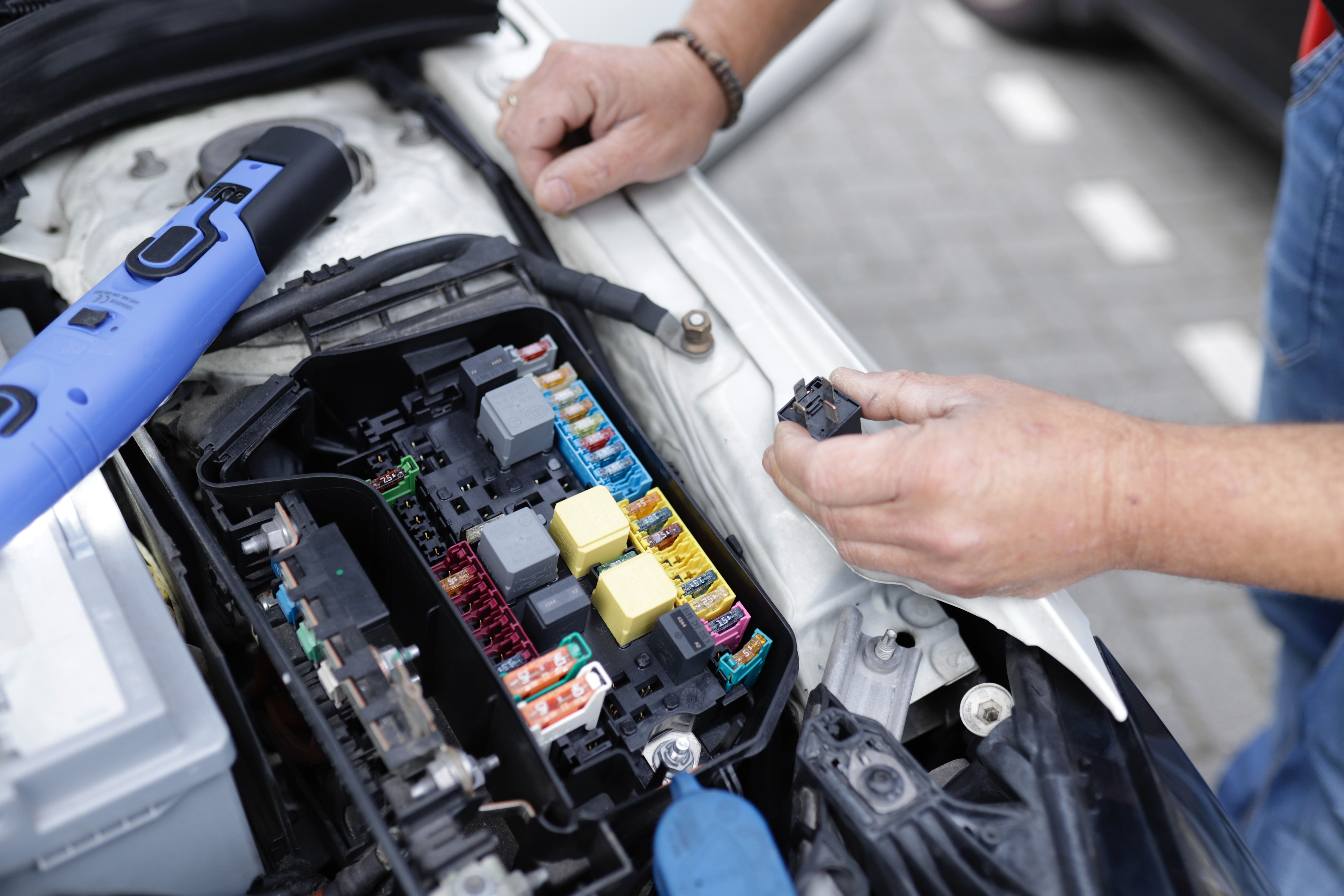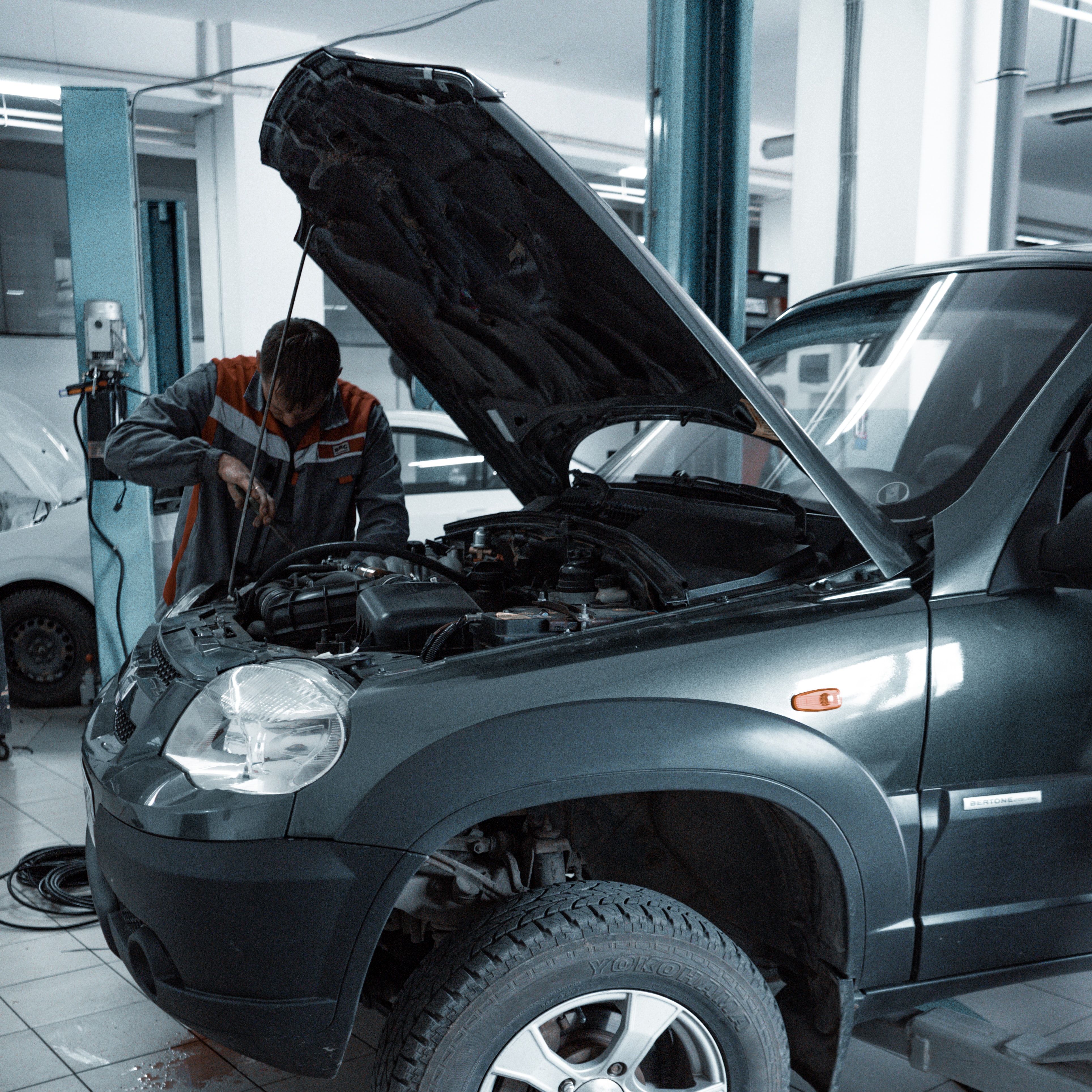The automotive industry operates with some very tight margins. The manufacturing process of a car is a global effort for many companies. Globalization is important, it made manufacturing easier. However, everything has to go according to plan. If there's a bottleneck in any phase of this tight operation, everyone suffers. With the Coronavirus pandemic, there have been some significant hiccups. Some issues will plague the buyers and car manufacturers for years, and some dangers can prove catastrophic.
If you are in the market for a new car, you know that the prices are insane. The demand for cars is there, it's been climbing since 2020, but manufacturers have not been able to build more cars. Now, the same dealerships that offered discounts on the MSRP add incredible markups. While this is the norm in luxury cars, even family cars go for thousands of dollars more than the actual price now. There are some reasons why cars are expensive right now. Some obvious ones are the Coronavirus and the global semiconductor shortage. In addition to the pandemic, other dangers are lurking in the shadows for the automotive industry, and we need to talk about them.
9 A Crisis Amidst Transition
We have to throw in the biggest crisis the auto industry faces right now if we are to talk about dangers. Before the pandemic hit, the industry was in a phase of transition. Almost all companies, big or small, were betting on electric cars, which is understandable because electric cars are the future and the present.
Be that as it may, the pandemic hit the industry at the worst possible time, and it hit hard. Covid-19 broke the supply lines, and manufacturers who rely on just-in-time production suffered the most. There were layoffs, people didn't buy cars for the first few months of the pandemic. People lost their jobs, and most manufacturers' successful streak came to an end. While the industry is rebounding, it will take a few years to restore the numbers, which is a huge crisis as most brands wanted to transition to the electric by then.
8 Global Semiconductor Shortage
While the global semiconductor shortage is not a hidden threat, its effects will be much deeper than most people thought. Yes, the situation is getting better as suppliers are making more of them, however, it will take a long time to recover from the effects. According to Ömer Faruk Budan, an industry insider in purchasing department, the semiconductor and microchip crisis is the main issue that mainstream manufacturers face right now.
MotorTrend states that the world has lost 11.3 million units of production, and it can hinder some 7 million units in 2022, too. Apart from the production losses, it delayed car launches and slowed technical innovations when it mattered the most, and it will have profound effects on the cars of the future.
7 Slow Sales and High Second Hand Prices
Another seemingly obvious threat is the slow sales and used car prices. Yes, the second-hand prices have gone up because there weren't many new vehicles in the dealerships. The average used car is more than $27,500, and even some manufacturers want to get a slice of that market. For example, GM is launching its used car sales website, the CarBravo.
This is dangerous for several reasons. For example, GM made a rule that states the leaseholders are no longer permitted to sell their vehicles outside the GM dealership network at the end of their leases. This may keep CarBravo stocked up, but it also adds some hassle to the lessee, which in turn can change how people shop for cars.
6 Climate Change
Climate change might be the biggest risk that humanity faces right now. Even if climate change doesn't affect you right now, it will be noticeable and devastating. One of the biggest contributors to global warming is CO2 emissions from cars. That's why most countries are banning internal combustion engines. However, governments can't solely rely on ICE bans to meet their goals.
Emission regulations are nothing new, but as humans, we are not as green as we would like. So much of the world's energy comes from fossil fuels like coal and natural gas. This is the main issue that needs to be solved. Yes, renewable energy will be the future, but the technology is not there yet. If the companies give up on developing more efficient internal combustion engines, it can prove to be catastrophic.
5 Electric Cars
Even the transition to electric cars is a risk all by itself. Yes, EVs are inevitable, but the change will be big, and it will have some painful effects. You can sugar coat it by calling these growing pains, but if the technology doesn't improve fast enough, it can prove to be costly.
Whoever can get to the next milestone in battery technology will be very rich. Almost all manufacturers are working hard on solving the range and charging issues. They will need new factories, retrain their staff, get some new machinery installed. Most importantly, they will need a lot of resources, which is easier said than done, especially right now.
4 Global Energy Crisis
Most experts were waiting for a global energy crisis in 2050, some even said that it will hit the world in 2030, however, we are currently experiencing a pretty big global energy crisis. After our lives have somewhat normalized and the demand restored, manufacturers started going full steam ahead. This comes with a problem, though. Because manufacturers' energy demands were lower, mines and facilities were producing fewer resources. This was a perfect storm, and we are living in a full-on energy crisis.
The energy crisis is more political than car-related, but its effects on the automotive industry are undeniable. Because the demand was low, China stopped trading coal with Australia to meet its climate goals. However, they are now the biggest potential buyers of Russian natural gas. This is driving the prices up. The EU's green energy initiatives were not as effective as they thought, and they too are demanding natural gas to heat homes, produce electricity, and keep their factories running. Due to the energy crisis, some of the biggest car factories in Turkey are currently forced to halt manufacturing for three days, which means about a $1 billion loss in production. Keep in mind that this is a cold winter in Europe, so the demand for homes is higher than regular. In South America, Brasil is experiencing a huge drought. The country mostly relied on hydroelectricity, but if there's no water, they can't produce electricity. The energy crisis is very grim, and it can leave a long-lasting impact on the industry.
3 Magnesium, Aluminum, Copper, And Lithium Shortages
The energy crisis led to raw material shortages. Which drives the prices up for some very valuable metals for automotive production. If we look at the YoY analysis, we can see some very steep price increases. According to Trading Economics, steel prices have increased by 20.52%, and copper increased by 22.06%. However, the most drastic price increases were aluminum, magnesium, and lithium. Aluminum prices have gone up by 56.52%, lithium is up by 170.22% and magnesium is now 183.87% up.
Magnesium and aluminum are some of the most important materials used in the automotive industry. These metals are used in every part of the car, from the body panels to the engines and trim parts. Usable aluminum is highly dependent on magnesium, as the latter is used in most aluminum alloys. Lithium shortage is also another big issue. If there isn't enough lithium, you can't build batteries for electric cars. Now, prices are normalizing, as the production is again catching up with the demand. However, there's no guarantee that China won't close its magnesium plants again later this year. According to industry insiders, this may force some equipment manufacturers to close down and hurt the aftermarket parts industry.
2 Changing Perspective
The new generation is not into buying cars. This is especially true in Europe, where the majority of the population are living in crowded city centers. For example, in a crowded place like London, owning a car can be disadvantageous. The parking is expensive, cars have taxes and the fuel prices are climbing everywhere.
In Europe, most major cities have advanced public transportation systems and more and more people are riding bicycles. When they need a car, they can easily get one with a ride-sharing app or a car rental app. Manufacturers are making small electric cars for rent, like the Citroën Ami. With some companies offering hourly rentals, owning a car became less and less important every day.
1 Right To Repair
Just like car buyers, manufacturers are reinventing the ownership experience. Companies like Tesla are not happy with people working on their cars, which brings a very dangerous question in mind: If you can't work on your car, who owns it? Another big question is what will happen to the mom-and-pop mechanic shops?
Right to repair is very important. While many companies are lobbying against it, if companies don't release schematics, telemetric data, and access to software tools, many people might lose their jobs. Not only there are jobs at stake, but working on your car is a big part of the ownership experience for most people. If companies take the option away from the car buyers, it can backfire on them pretty quickly.

